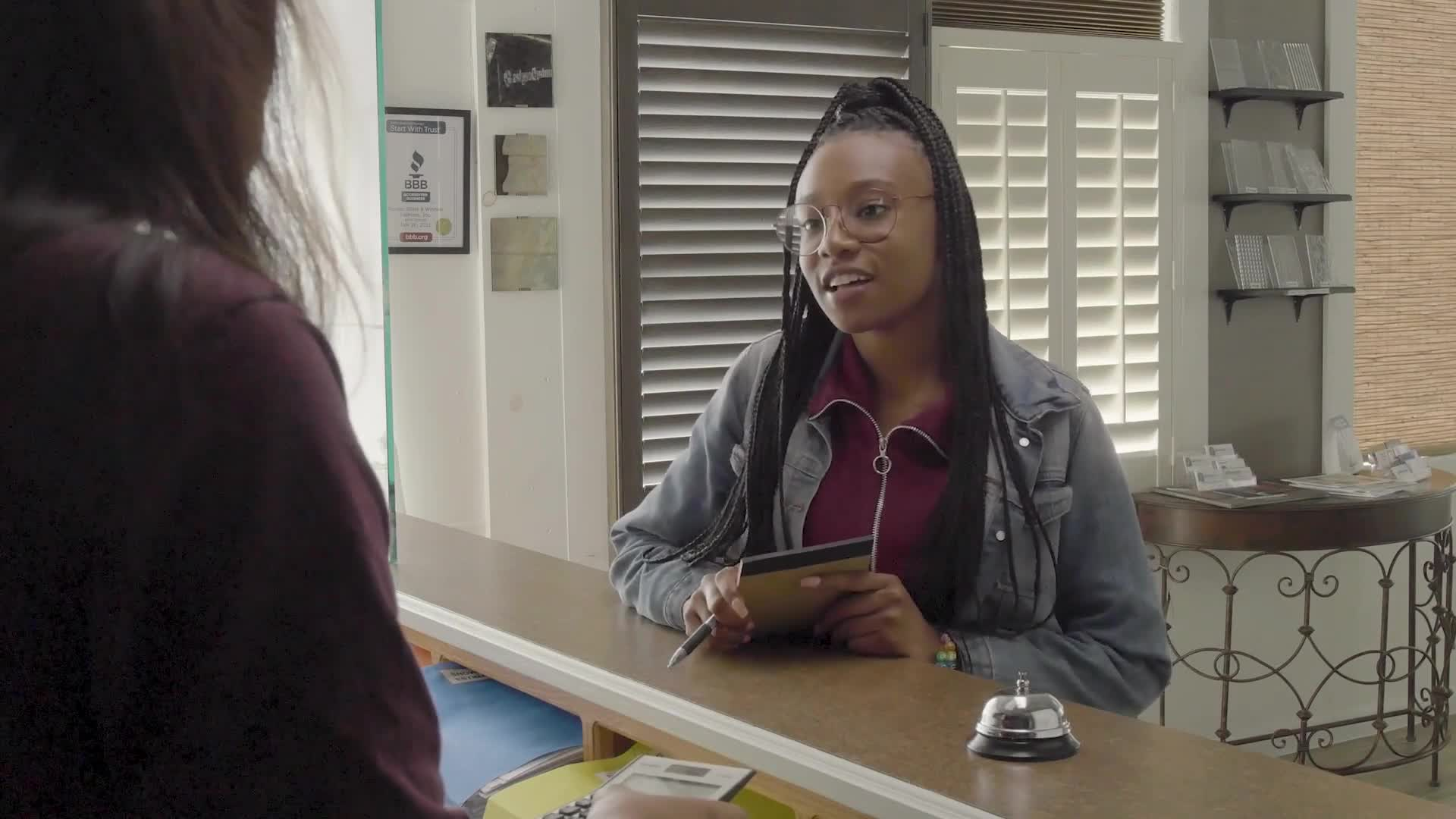
Teaching students the skills they need to become successful employees is an essential part of their education. In this blog post, we’ll discuss strategies and activities that will help students understand the expectations and responsibilities of being an employee, as well as how to communicate effectively with their coworkers and supervisors. These skills are crucial for students in special education settings, as they may require additional support and guidance to navigate the workplace successfully.
Introduction
Being a successful employee goes beyond just completing tasks and showing up on time. It involves understanding the dynamics of the workplace, knowing how to communicate effectively with coworkers and supervisors, and maintaining a professional demeanor. By incorporating principles of Social-Emotional Learning, educators can help students develop the skills they need to thrive in the workplace and build positive relationships with their colleagues.
No-Prep Activity: Role-Playing Workplace Scenarios
This activity requires no preparation or materials from the educator. Have students pair up and assign each pair a specific workplace scenario. Some examples include:
- Asking a coworker for help with a task
- Requesting time off from a supervisor
- Handling a disagreement with a coworker
Each student will take turns playing the role of the employee and the coworker or supervisor. Encourage them to practice using appropriate language, tone, and body language during the interaction. After each role-play, have the students discuss what went well and what could be improved. This activity helps students practice their communication skills and gain a better understanding of workplace expectations.
Discussion Questions
- Why is it important to know who your supervisor is and how to communicate with them effectively?
- How can you maintain a professional demeanor with your coworkers, even if you become friends with them outside of work?
- In what ways can the Problem Scale be helpful for deciding when to ask for help at work?
- How can you use the Relationship Ruler to guide your interactions with coworkers and supervisors?
- What strategies can you use to build positive relationships with your colleagues in the workplace?
Related Skills
Beyond the principles discussed in this blog post, there are other relevant skills for students to develop as they prepare for the workplace. These include:
- Time management and organization
- Conflict resolution and problem-solving
- Adaptability and flexibility
- Teamwork and collaboration
Next Steps
Helping students develop the skills they need to be successful employees is a crucial part of their education. To support your efforts, we encourage you to sign up for free samples of our Social-Emotional Learning materials. These resources can be invaluable for educators working with students in special education settings, providing engaging and effective tools to help students develop the skills they need to succeed in the workplace and beyond.

